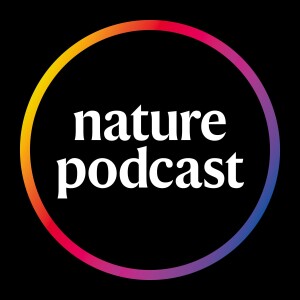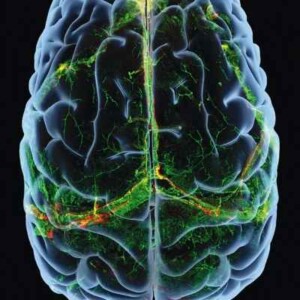

As a result of the pandemic, workers around the world have become accustomed to meeting colleagues online. To find out if this switch from face-to-face meetings came at a cost to creativity, a team compared the number of ideas generated by workers collaborating either online, or in-person. They showed that people meeting virtually produced fewer creative ideas than those working face-to-face, and suggest that when it comes to idea generation maybe it’s time to turn the camera off.
Research article: Brucks & Levav
News and Views: Virtual collaboration hinders idea generation
Video: Why video calls are bad for brainstorming
08:08 Research Highlights
Fragments from an ancient pyramid suggest earliest known use of a Maya calendar, and how sweet snacks could damage rare iguanas’ metabolism.
Research Highlight: Deer symbol hints at early adoption of Maya calendar
Research Highlight: Tourists’ sweet treats threaten rare iguanas’ health
10:34 Fish skin reveals a new type of cell division
Researchers looking at the skin cells of zebrafish have discovered a new type of cell division, which doesn’t require DNA replication. DNA is usually essential for healthy cells, but the researchers think this puzzling finding may be a temporary measure to help the fish produce skin more rapidly during growth spurts.
Research article: Chan et al.
News and Views: Stretched skin cells divide without DNA replication
Video: A new kind of cell division
16:59 Briefing Chat
We discuss some highlights from the Nature Briefing. This time, how laser-equipped submarines could help analyse gelatinous animals’ anatomy, and a push for a flagship mission to Uranus.
The New Yorker: Shedding Light on Untouchable Sea Creatures
Nature: Next stop, Uranus? Icy planet tops priority list for next big NASA mission
Subscribe to Nature Briefing, an unmissable daily round-up of science news, opinion and analysis free in your inbox every weekday.
See acast.com/privacy for privacy and opt-out information.
More Episodes
All Episodes>>You may also like
Create Your Podcast In Minutes
- Full-featured podcast site
- Unlimited storage and bandwidth
- Comprehensive podcast stats
- Distribute to Apple Podcasts, Spotify, and more
- Make money with your podcast




